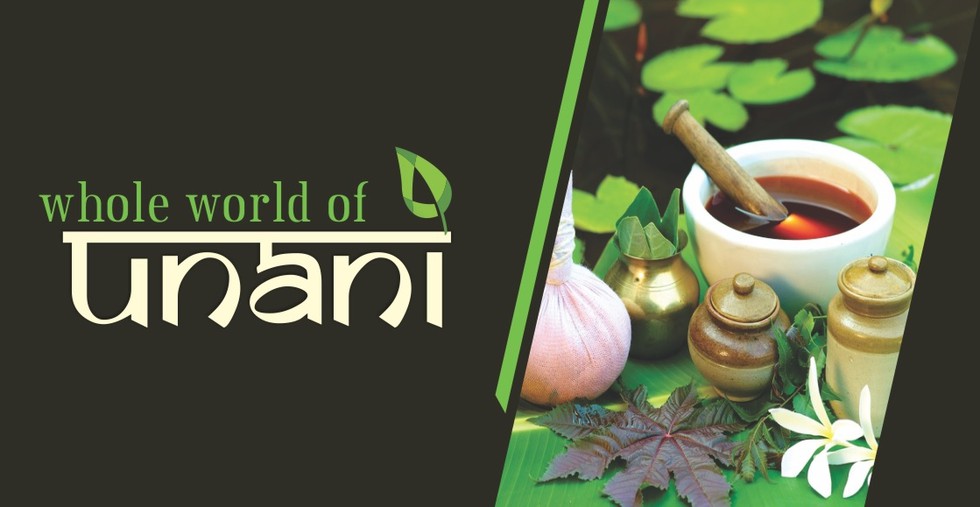About the conference:
- Organized by: Central Council for Research in Unani Medicine (CCRUM), established in 1979 by the Government of India as an autonomous organisation to co-ordinate scientific research in Unani System of Medicine.
- Objective: To commemorate the birth anniversary of Hakim Ajmal Khan which is observed as Unani Day.
- On the occasion, CCRUM distributed AYUSH Awards for Unani Medicine in recognition of contributions made by various Unani experts.
Principles of Unani System:
- The basic theory of Unani system is based upon the well- known four- humour theory of Hippocrates.
- It postulates the presence of four humours in the body: dam (blood), balgham (phlegm), safra (yellow bile) and sauda (black bile), a parallel to kapha, vata and pitta, the three doshas in ayurveda.
- The quality and quantity of four humors affect the state of health and disease in the body.
Timeline of Unani System of Medicine:
- Origin:
- Unani system originated in Greece. The theoretical framework of Unani medicine is based on the work of Hippocrates (460-377 BC).
- The term Unani is derived from 'Unan', Arabic and Urdu for 'Greece'. That’s why it is sometimes referred to as the "Greco-Arab" medicine or "Unani Tibb".
- Role of Arabs: The system owes its present form to the Arabs who not only saved much of the Greek literature by rendering it into Arabic but also enriched it with their own contributions.
- Indian scenario:
- In India, it was introduced by Arabs and Persians sometime around the eleventh century.
- During 13th and 17th century A.D. Unani Medicine reached its zenith under Mughals.
- But, during the British rule in India all the traditional systems of medicine along with Unani System faced almost complete neglect for about two centuries.
- Revival by Hakim Ajmal Khan:
- It saw the beginning of its revival during the freedom struggle due to the efforts of Hakim Ajmal Khan, a renowned physician and a freedom fighter.
- He established Ayurvedic and Unani Tibbia College and Hindustani Dawakhana a pharmaceutical company for manufacturing of Ayurvedic and Unani medicine in Delhi in 1916. Mahatma Gandhi inaugurated the college in 1921.
- Birth anniversary of Hakim Ajmal Khan is celebrated as Unani Day on 11th February every year.
